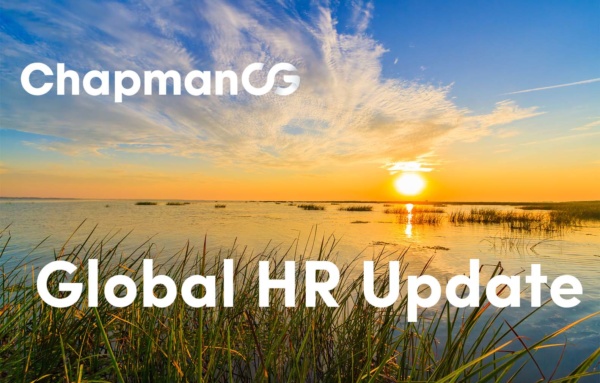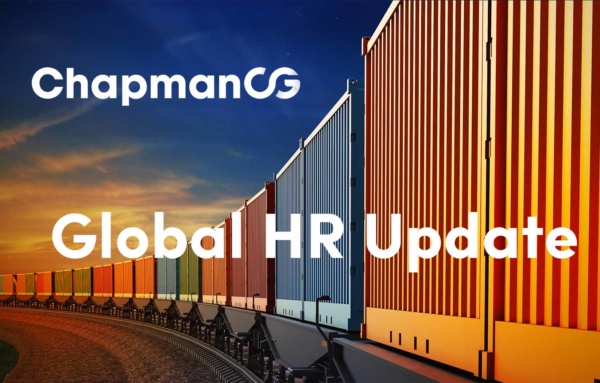Germany is a strong market, but it is not without its challenges, particularly where organisations are looking for outstanding HR talent. In order to build an HR career in Germany, there is a clear need to develop international exposure, and ideally this should include a stint overseas. To build an effective Employer Value Proposition in the country, companies will need to offer what are now considered the basics: effective leadership development programmes, flexible working environments and good career opportunities – in addition to significant international exposure and possibly a leading-edge work environment. Many organisations are seeking globally minded employees with local market knowledge, and we anticipate companies becoming more creative with incentives to lure those who have held international roles back home.
The Landscape: SME and MNC
There are currently a significant number of SMEs in the early stages of HR development that are focused on Talent Acquisition, attraction and engagement. Over the next few years we anticipate their priorities to evolve and become more strategic in nature.
The highly developed and pioneering MNCs seek to create more mature HR organisations and are focusing on further developing HR Operations and enhancing HR data analytics capabilities.
Regardless of the size of the organisation, we have noticed a consistent requirement from our partnerships across Germany: the need for an international Business Partner who can lead and influence change, but at the same time he or she should be prepared to be hands-on and operational when the need arises. As a result, we are seeing a strong preference in Germany, more so than in other European markets, for talent with strong local market knowledge–no doubt in relation to the Works council, and/or the industrial relations environment–and experience living and working outside of the country. At the very least, expectations include having held geographic responsibilities in a market outside of Germany.
Regional Variances
- BERLIN: Seems to be an up and coming city, with a growing market, largely through smaller entrepreneurial businesses. There are recent indicators that Berlin is becoming a more attractive city for people from a lifestyle perspective, and no doubt this will impact the organisations that base country, regional or international hubs there. Berlin also often features in discussions about ‘the next silicon valley’ and has a notable emerging tech scene, as evidenced by SoundCloud’s move to the city.
- FRANKFURT/DUSSELDORF/KOLN: The Banking and Industrial sectors in this region are strong. ChapmanCG’s HR event activities indicate that the proximity to neighbouring countries, such as the Netherlands and Belgium, means that the potential talent pool is larger than just Germany, and puts the region at an advantage in terms of attracting talent.
- MUNICH: This is historically one of the leading cities in Germany, in terms of the HR and Employment market. Munich is supported by the strength of the manufacturing/automotive industry in the surrounding areas, as well as being a base for some of the Head and Corporate offices in country. Many international companies have one or several branches in Munich, particularly in the IT and professional services industries.
The Current State of Play in HR
Germany remains a buoyant market where organisations can find high-level talent and HR professionals can enjoy significant career development opportunities. The ChapmanCG business is seeing strong demand for people with international experience, with a preference for those who have lived outside of Germany, or at least who have held a regional or global geographical remit. Top talent is well looked after, and people are very sincere and cautious when it comes to making career moves. As a result, the average tenure with one organisation is longer than in most other countries, and those who do move typically expect a significant increase. In many cases, we see people move with the business or HR Heads they have worked with in the past.
As in most markets today, it is hard to find genuine Business Partners or those who can act as right hand people to the business heads, and who can manage the operational as well as strategic challenges. There are increasingly diverse industry segments, but the majority of companies are in heavy industry such as engineering, manufacturing and automotive, closely followed by FMCG or distribution-based organisations. An increasing amount of start-up businesses (especially in Berlin) are now offering more variety and greater career opportunities for the incoming generations. Naturally, these types of businesses offer more flexible and less traditional work environments.
 Andrea Merrigan
Andrea Merrigan Orelia Chan
Orelia Chan Stanislav Medvedev
Stanislav Medvedev Fleur Daniell
Fleur Daniell Finian Toh
Finian Toh Tim Rayner
Tim Rayner Nicola Hasling
Nicola Hasling Stefanie Cross-Wilson
Stefanie Cross-Wilson


